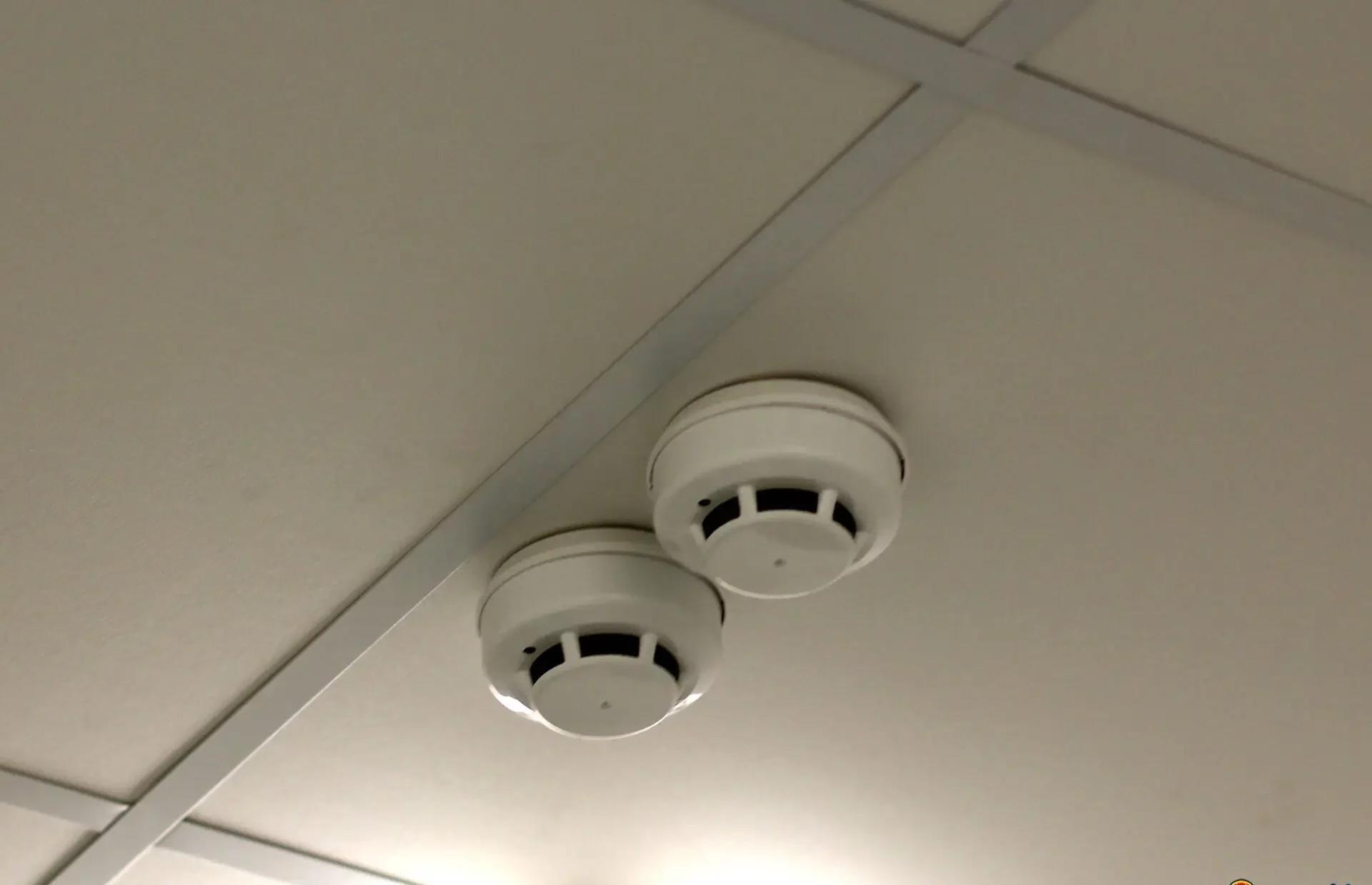

Articles
Why Is My Smoke Detector Leaking Water
Modified: May 6, 2024
Discover why your smoke detector is leaking water and find helpful articles to resolve the issue.
(Many of the links in this article redirect to a specific reviewed product. Your purchase of these products through affiliate links helps to generate commission for Storables.com, at no extra cost. Learn more)
Introduction
A smoke detector is an essential safety device found in most homes and buildings. Its primary function is to detect smoke and alert occupants of a potential fire. However, it can be quite perplexing when you find your smoke detector leaking water. How is this even possible? What could be causing this issue?
In this article, we will explore the reasons behind why smoke detectors may leak water, as well as potential solutions and preventive measures you can take. Understanding the causes of a leaking smoke detector will help you address the issue promptly and ensure the safety of your home.
So, let’s dive into the world of smoke detectors and uncover the mystery behind this unexpected water leakage.
Key Takeaways:
- Addressing condensation, roof or plumbing issues, high humidity, and water damage promptly can prevent smoke detector leaks. Regular maintenance and proper ventilation are crucial in maintaining the device’s functionality.
- If your smoke detector is leaking water, take immediate action to power it off, dry the interior, and identify the source of the leak. Professional assistance may be necessary for effective resolution.
Read more: Why Is My Water Pump Leaking
Understanding Smoke Detectors
To comprehend why smoke detectors may leak water, it’s important to first understand how these devices work. A smoke detector typically consists of two main components: a sensor and an alarm system.
The sensor, often a photoelectric or ionization sensor, detects smoke particles or the byproducts of combustion in the air. When smoke particles are present, it triggers the alarm system, producing a loud noise to alert occupants of a potential fire.
Smoke detectors are typically powered by batteries or by being hard-wired directly into the electrical system of the building. They are commonly installed in areas prone to fires, such as hallways, bedrooms, and kitchens.
It’s important to note that smoke detectors are not designed to detect water or leaks. Their primary purpose is to detect smoke and provide early warning of a fire. So, if you encounter a situation where your smoke detector is leaking water, it indicates an underlying issue that needs to be addressed.
Now that we have a basic understanding of smoke detectors, let’s explore some of the common causes of smoke detector leaks.
Common Causes of Smoke Detector Leaking Water
While it may seem unusual for a smoke detector to leak water, there are several common causes that can lead to this phenomenon. Understanding these causes can help you determine the appropriate course of action to rectify the issue. Let’s take a closer look:
1. Condensation: One of the most common reasons for a smoke detector to leak water is condensation. This occurs when warm, moist air comes into contact with a colder surface, causing water droplets to form. Condensation can occur if your smoke detector is installed in a high-humidity area, such as a bathroom or kitchen, where steam from showers or cooking can accumulate.
2. Roof or Plumbing Issues: Another potential cause of a leaking smoke detector is a problem with your roof or plumbing system. If there is a leaky roof or damaged plumbing in the vicinity of the smoke detector, water can seep through and find its way into the device.
3. High Humidity: In areas with consistently high humidity, such as coastal regions, smoke detectors may experience water leakage. The excessive moisture in the air can cause the detector to accumulate water over time and eventually lead to leaks.
4. Water Damage and Maintenance: Smoke detectors can also leak water if they have suffered water damage themselves. For example, if the detector has been exposed to water due to a previous incident or if it has not been properly maintained, it may develop leaks.
These are some of the common causes of smoke detector leaking water. If you notice water dripping or pooling around your smoke detector, it’s essential to investigate the issue further and take appropriate action to address the problem.
Condensation
Condensation is a common cause of a smoke detector leaking water and can often occur in areas with high humidity or when warm, moist air comes into contact with a colder surface. If your smoke detector is installed in a bathroom or kitchen, where steam from showers or cooking can accumulate, condensation can form on the device and cause it to leak.
When warm air meets a colder surface, such as the smoke detector, the moisture in the air condenses and forms droplets of water. Over time, this condensation can build up and lead to water leakage from the smoke detector.
To prevent condensation-related leaks in your smoke detector, there are a few steps you can take:
- Ventilation: Ensure that the area where your smoke detector is installed is properly ventilated. Good air circulation can help reduce the likelihood of condensation forming on the device. Install exhaust fans in bathrooms and kitchens to remove excess moisture from the air.
- Sealing: Check for any gaps or openings around the smoke detector that may allow warm, moist air to reach the device. Use caulk or weatherstripping to seal these gaps and prevent moisture infiltration.
- Maintenance: Regularly clean and inspect your smoke detector to ensure it is free of dust and debris. Dust particles can trap moisture and contribute to condensation. Additionally, replacing the batteries and conducting routine maintenance checks can help identify any potential issues before they develop into leaks.
If condensation continues to be a problem despite these preventive measures, consider consulting with a professional to explore additional solutions. They may recommend installing a dehumidifier in the area to reduce overall humidity levels or relocating the smoke detector to a drier location.
By addressing condensation issues, you can minimize the risk of your smoke detector leaking water and maintain the safety and functionality of the device.
Roof or Plumbing Issues
A potential cause of a smoke detector leaking water is a problem with your roof or plumbing system. If your smoke detector is located near a leaky roof or damaged plumbing pipes, water can seep through and find its way into the device.
A leaky roof can allow rainwater to enter your home and eventually reach the smoke detector. This can occur if there are missing or damaged shingles, deteriorated flashing, or improperly installed roofing materials. When water infiltrates the ceiling or walls, it can saturate the area around the smoke detector and lead to leaks.
Similarly, plumbing issues such as leaking pipes or fixtures can also contribute to water leakage in your smoke detector. If there is a pipe leak in the ceiling or wall near the device, water can seep through and collect in the smoke detector over time.
To address roof or plumbing-related leaks in your smoke detector, it is essential to take the following steps:
- Inspect your roof: Regularly inspect your roof for any signs of damage, such as missing or damaged shingles, cracked flashing, or clogged gutters. Repair or replace these components as necessary to prevent water from entering your home.
- Check for plumbing leaks: Routinely check your plumbing system for any signs of leaks, such as damp spots on ceilings or walls, water stains, or unusually high water bills. If you suspect a plumbing leak, consult with a professional plumber to identify and repair the issue.
- Address water damage promptly: If you discover water damage near your smoke detector, it is crucial to address the issue promptly. Remove any standing water and dry the affected area thoroughly. It may be necessary to consult with a professional restoration company to ensure proper drying and prevent mold growth.
By addressing roof or plumbing issues promptly, you can prevent further damage to your smoke detector and ensure its proper functioning. Regular maintenance and thorough inspections of your roof and plumbing system can help you identify and address potential sources of water leaks before they become a problem.
Check for any cracks or damage in the smoke detector housing that could be allowing water to seep in. Make sure the detector is properly sealed and installed to prevent water leakage.
Read more: Why Is My Freezer Leaking Water
High Humidity
High humidity can be another potential cause of a smoke detector leaking water. Areas with consistently high humidity, such as coastal regions or places with tropical climates, are more prone to moisture-related issues. The excessive moisture in the air can lead to the accumulation of water on the smoke detector over time.
In regions with high humidity, the moisture in the air can condense on cooler surfaces, including your smoke detector, and cause water droplets to form. This can eventually lead to leaks from the device.
To mitigate the effects of high humidity on your smoke detector, consider the following preventive measures:
- Dehumidification: Use a dehumidifier in areas with high humidity to reduce the overall moisture levels in the air. This can help prevent condensation and minimize the risk of water leakage from the smoke detector.
- Ventilation: Ensure that the area where your smoke detector is installed is properly ventilated. Good air circulation can help reduce humidity levels by allowing moisture to escape. Install fans or open windows to promote better airflow.
- Air conditioning: Use air conditioning in areas with high humidity to control the temperature and humidity levels. Air conditioning systems can help remove excess moisture from the air and create a more comfortable environment.
- Regular maintenance: Regularly clean and inspect your smoke detector to ensure it is free from dust and debris. Dust particles can trap moisture and contribute to water accumulation. Additionally, consider using a moisture-absorbing gel pack or desiccant near the smoke detector to absorb excess moisture.
If high humidity continues to be a persistent problem, consult with professionals who specialize in humidity control solutions. They may recommend additional methods, such as installing a whole-house dehumidifier or sealing air leaks, to effectively manage humidity levels in your home.
By proactively addressing high humidity, you can minimize the risk of your smoke detector leaking water and ensure its optimal performance and longevity.
Water Damage and Maintenance
Water damage and lack of proper maintenance can also lead to a smoke detector leaking water. It’s important to understand that smoke detectors are not designed to withstand direct exposure to water. If the detector itself suffers water damage, it can develop leaks and compromise its performance.
Water damage can occur due to various reasons, including leaks from nearby pipes, faulty plumbing fixtures, or previous incidents such as floods or roof leaks. If your smoke detector has experienced water damage in the past, it’s essential to address the issue promptly to prevent further damage.
In addition to water damage, the lack of regular maintenance can also contribute to a smoke detector leaking water. Dust and debris can accumulate on the detector’s surface and obstruct vents or sensors, preventing proper airflow and potentially causing moisture buildup.
To prevent water damage and maintain your smoke detector properly, consider the following steps:
- Regular inspections: Periodically inspect your smoke detector for any signs of water damage, such as discoloration, corrosion, or mold growth. If you notice any of these signs, consult with a professional to assess the extent of the damage and determine if the detector needs to be replaced.
- Proper cleaning: Clean your smoke detector regularly to remove dust and debris that may accumulate on the surface. Use a soft, dry cloth or a brush to gently wipe away any particles. Avoid using water or liquid cleaners, as this can introduce moisture and potentially damage the detector.
- Replace batteries: Replace the batteries in your smoke detector according to the manufacturer’s recommendations. Weak or dead batteries can affect the detector’s performance and increase the risk of water leakage if the device malfunctions.
- Professional maintenance: Consider scheduling regular maintenance checks with a professional technician to ensure your smoke detector is functioning optimally. They can inspect the device, clean internal components, and identify any potential issues that may lead to leaks or malfunctions.
By addressing water damage promptly and maintaining your smoke detector regularly, you can minimize the risk of leaks and ensure that the device continues to protect your home and loved ones effectively.
How to Fix a Leaking Smoke Detector
If you discover that your smoke detector is leaking water, it’s important to address the issue promptly to ensure the safety and functionality of the device. Here are some steps you can take to fix a leaking smoke detector:
- 1. Power off the detector: Before attempting any fixes, make sure to turn off the power to the smoke detector. This can typically be done by removing the batteries or switching off the circuit breaker associated with the detector.
- 2. Remove the cover: Carefully remove the cover of the smoke detector to access the internal components. Use a screwdriver if necessary, following the manufacturer’s instructions.
- 3. Check for visible leaks: Inspect the interior of the smoke detector for any signs of water accumulation or visible leaks. Pay attention to the wiring, sensors, and other components. If there is standing water, use a cloth or towel to absorb it.
- 4. Dry the detector: Gently dry the interior of the smoke detector using a dry cloth or air dryer set to a cool setting. Be sure to remove any moisture to prevent further leaks or damage.
- 5. Identify the source: Determine the source of the water leak by checking nearby plumbing fixtures, the roof, or any other potential areas of water intrusion. If you identify a specific issue, such as a leaking pipe or damaged roof, take steps to address and repair the problem.
- 6. Replace damaged components: If you notice any damaged or corroded components within the smoke detector, such as wires or sensors, they may need to be replaced. Consult the manufacturer’s instructions or contact a professional technician for guidance on replacing damaged parts.
- 7. Reassemble and test: Once the interior of the smoke detector is dry and any necessary repairs are made, reassemble the device. Ensure that all components are securely in place and that the cover is properly fastened. Reinsert the batteries or restore power to the detector and perform a test to verify its functionality.
If you are uncertain about fixing a leaking smoke detector or if the issue persists after attempting these steps, it is recommended to consult with a professional technician. They can provide expert advice and assistance in resolving the problem effectively and safely.
Remember, ensuring the proper functioning of your smoke detector is crucial for the early detection of fires and the safety of your home and loved ones.
Preventing Smoke Detector Leaks
While it is not common for smoke detectors to leak water, there are preventive measures you can take to minimize the likelihood of this issue. By implementing these measures, you can maintain the integrity and functionality of your smoke detector. Here are some tips for preventing smoke detector leaks:
- 1. Proper installation: Ensure that your smoke detector is installed correctly and in accordance with the manufacturer’s instructions. This includes placing it on a flat surface or mounting it securely on the ceiling or wall. A proper installation can help prevent water from entering the detector.
- 2. Avoid high-humidity areas: Avoid installing smoke detectors in areas with consistently high humidity, such as bathrooms, kitchens, or laundry rooms. If you must install a smoke detector in these areas, consider taking additional measures to reduce humidity levels, such as using exhaust fans or dehumidifiers.
- 3. Regular maintenance: Perform regular maintenance on your smoke detector to keep it in optimal condition. This includes cleaning the device regularly to remove dust and debris that can obstruct vents or sensors. Replace batteries as recommended by the manufacturer to ensure proper functioning.
- 4. Monitor for signs of leaks: Regularly inspect your smoke detector for any signs of leaks, such as water stains, discoloration, or moisture accumulation. Promptly address any potential issues to prevent further damage.
- 5. Address water-related issues: If you notice leaks or water damage in the vicinity of your smoke detector, investigate the source of the water and address it promptly. Repair any plumbing issues or roof leaks to prevent water from seeping into the detector.
- 6. Maintain proper ventilation: Ensure that the area where the smoke detector is installed has proper ventilation. Good airflow can help minimize moisture buildup and reduce the risk of condensation forming on the device.
- 7. Professional inspection: Consider scheduling periodic inspections by a professional technician who can thoroughly assess the condition of your smoke detector and identify any potential issues. They can provide recommendations on maintenance and repairs to prevent leaks.
By following these preventive measures, you can help minimize the chances of your smoke detector leaking water and ensure its reliability in detecting and alerting you to potential fires.
Read more: Why Is My Kettle Leaking Water
Conclusion
Discovering that your smoke detector is leaking water can be a perplexing and concerning issue. However, understanding the potential causes and implementing preventive measures can help you address the problem effectively and ensure the safety of your home.
In this article, we have explored the common causes of smoke detector leaking water, including condensation, roof or plumbing issues, high humidity, and water damage. We have also provided steps on how to fix a leaking smoke detector and outlined preventive measures to minimize the likelihood of water leaks.
Remember, smoke detectors are critical safety devices designed to detect smoke and provide early warning of a potential fire. While water leaks in smoke detectors are not typical, addressing the issue promptly and properly maintaining your device will help ensure its optimal performance and reliability.
Regular maintenance, including cleaning and inspecting your smoke detector, monitoring for signs of leaks, and addressing any water-related issues, is essential in preventing water damage and maximizing the lifespan of the device.
If you encounter persistent issues or are unsure about fixing a leaking smoke detector, it is advisable to seek assistance from a professional technician who can provide guidance and perform necessary repairs.
By taking proactive measures, such as proper installation, minimizing humidity in the area, and conducting regular maintenance, you can reduce the risks associated with smoke detector leaks and have peace of mind knowing your home is protected.
Remember, the safety of your home and loved ones should never be compromised, and keeping your smoke detector in good working condition is a crucial aspect of maintaining a secure living environment. Stay vigilant, stay prepared, and prioritize the proper functioning of your smoke detector.
Now that you've learned about potential causes and solutions for water leaking from smoke detectors, you might want to expand your handy skills further. Our guide on home maintenance offers practical advice and steps for tackling various repairs around your house. Whether you're dealing with a leaky faucet or a creaky floorboard, understanding the basics of home repair will equip you with the knowledge to manage these issues effectively. Don't miss out on our comprehensive article that will surely help you become more proficient in maintaining your living space.
Frequently Asked Questions about Why Is My Smoke Detector Leaking Water
Was this page helpful?
At Storables.com, we guarantee accurate and reliable information. Our content, validated by Expert Board Contributors, is crafted following stringent Editorial Policies. We're committed to providing you with well-researched, expert-backed insights for all your informational needs.

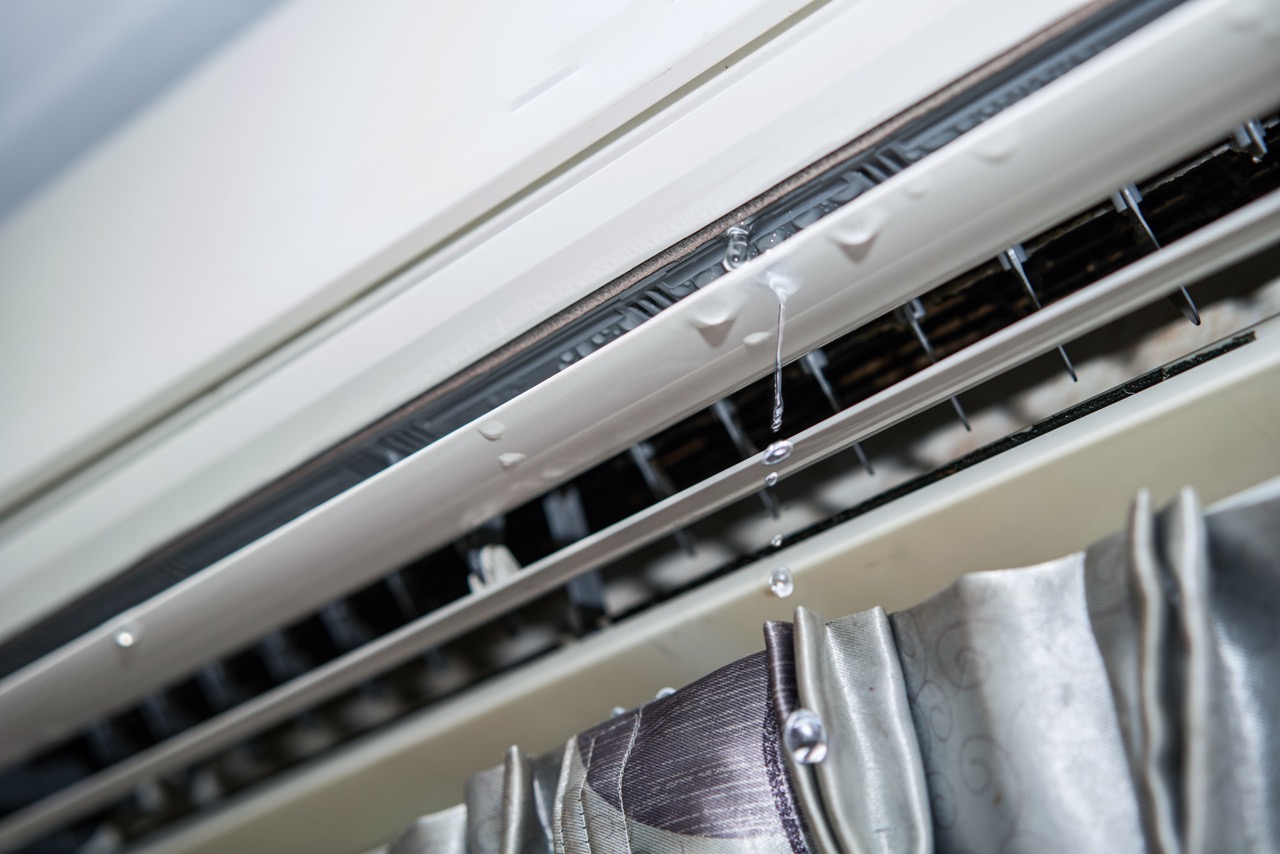
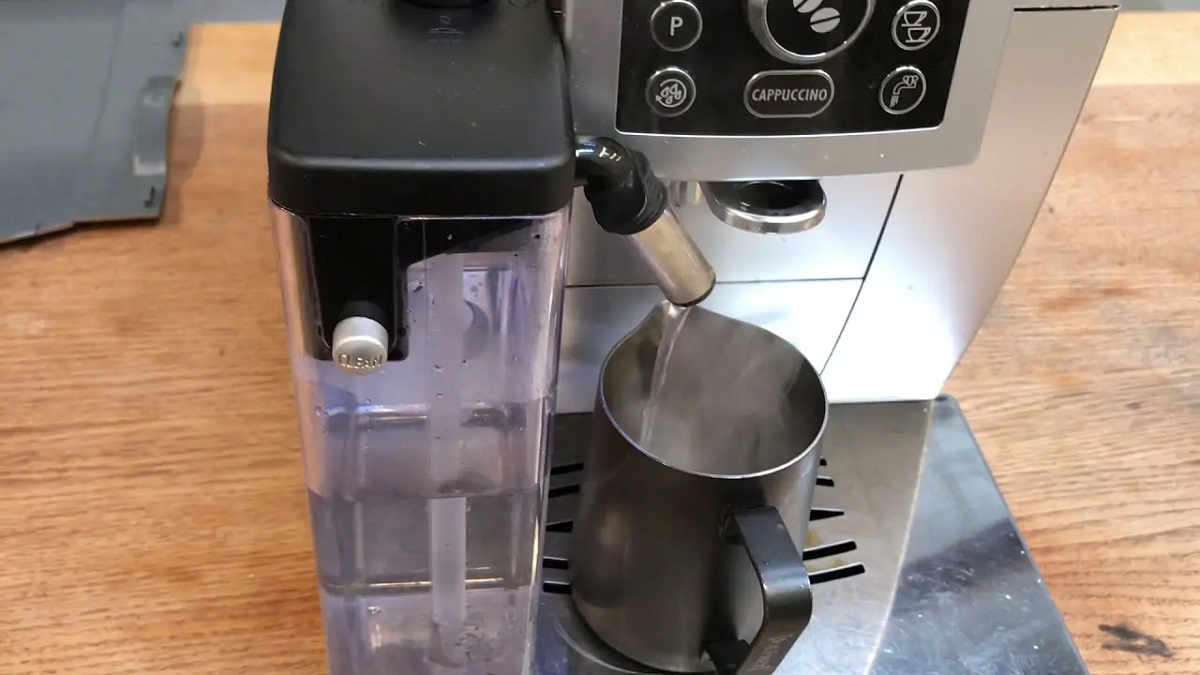
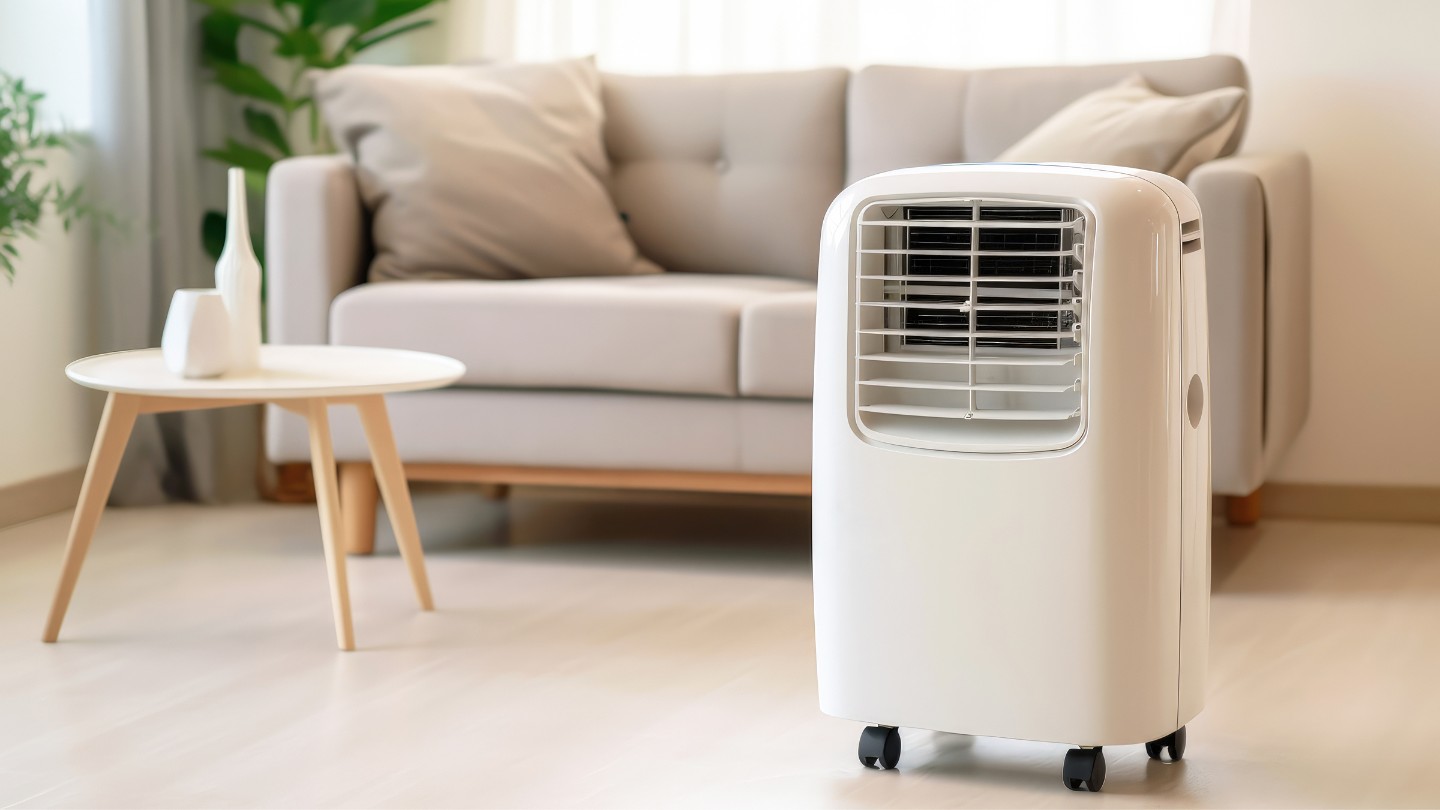
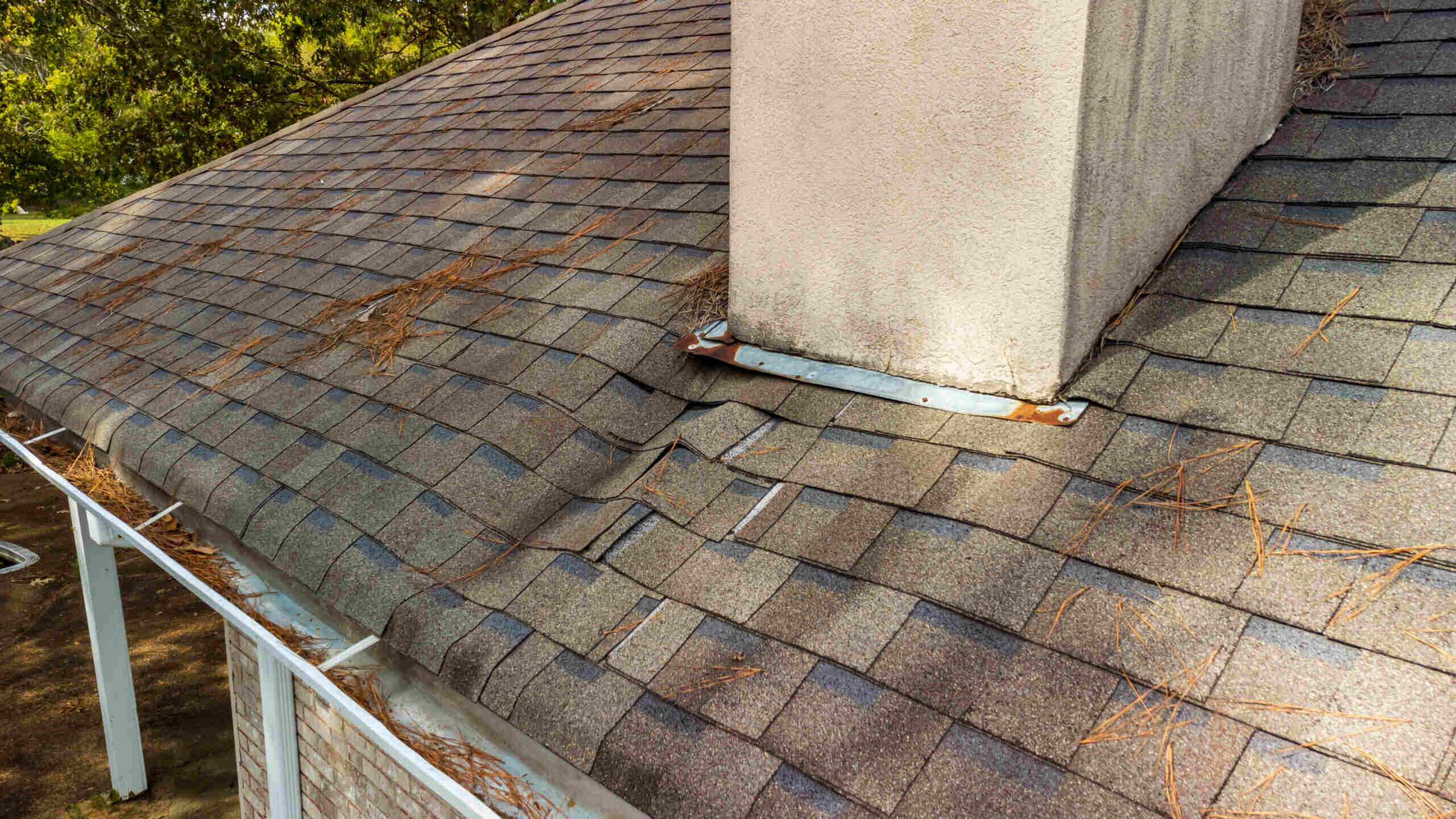
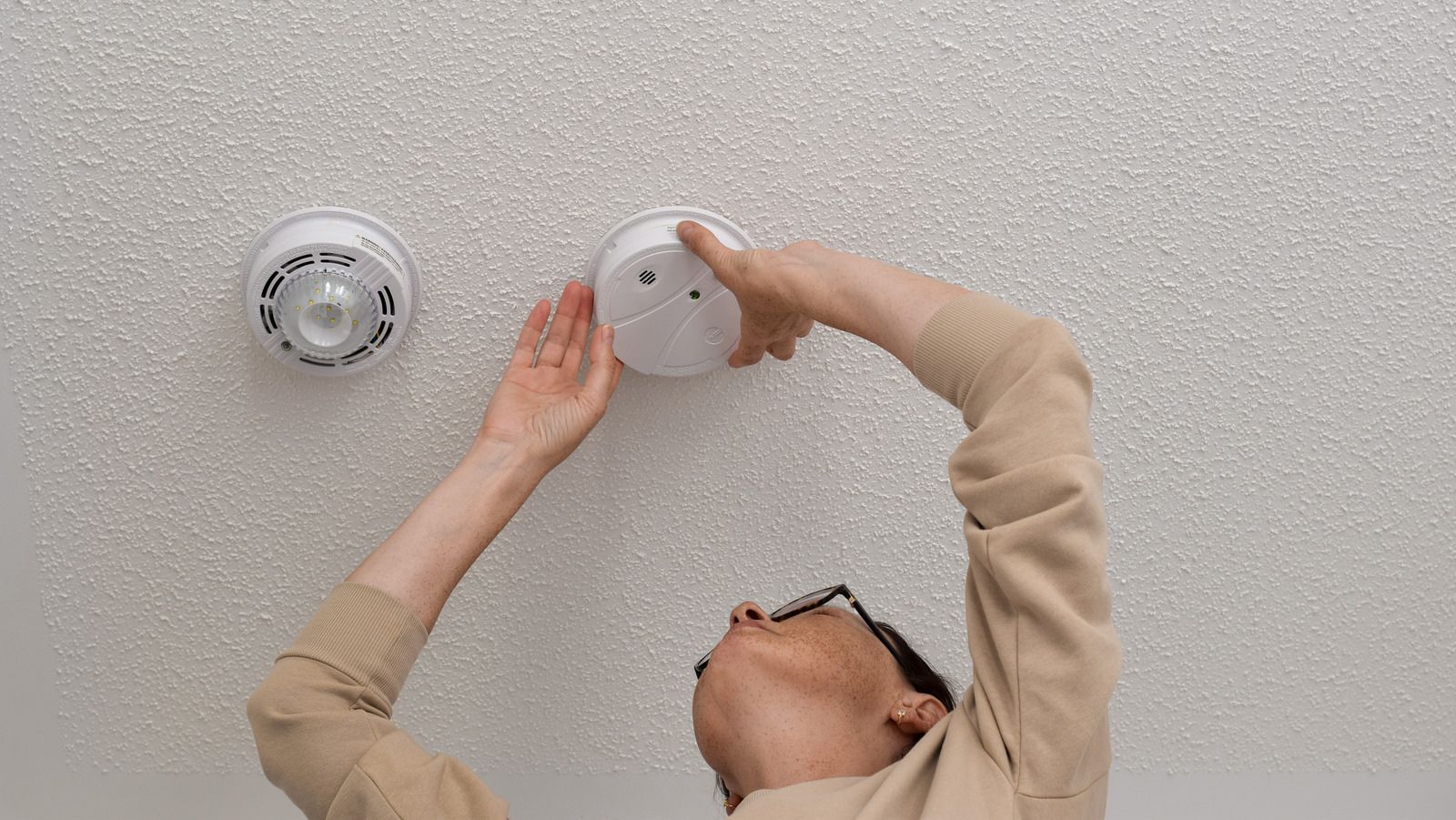
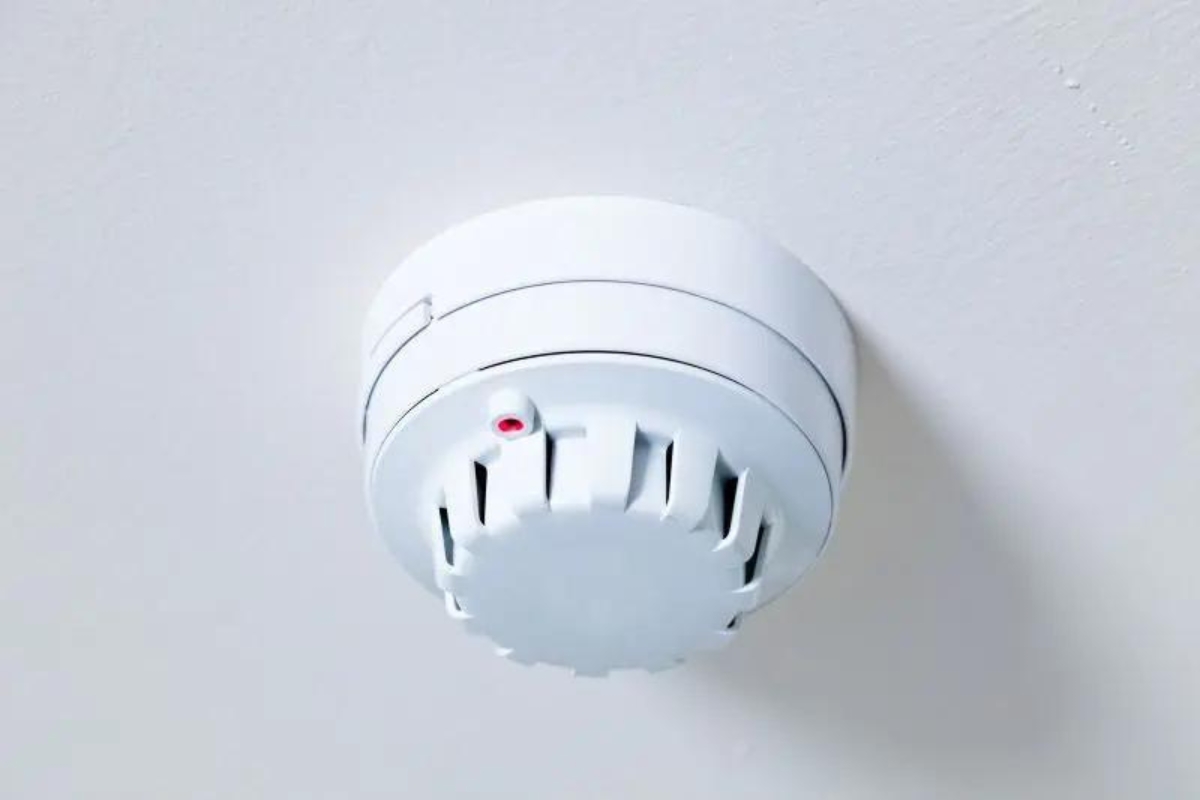
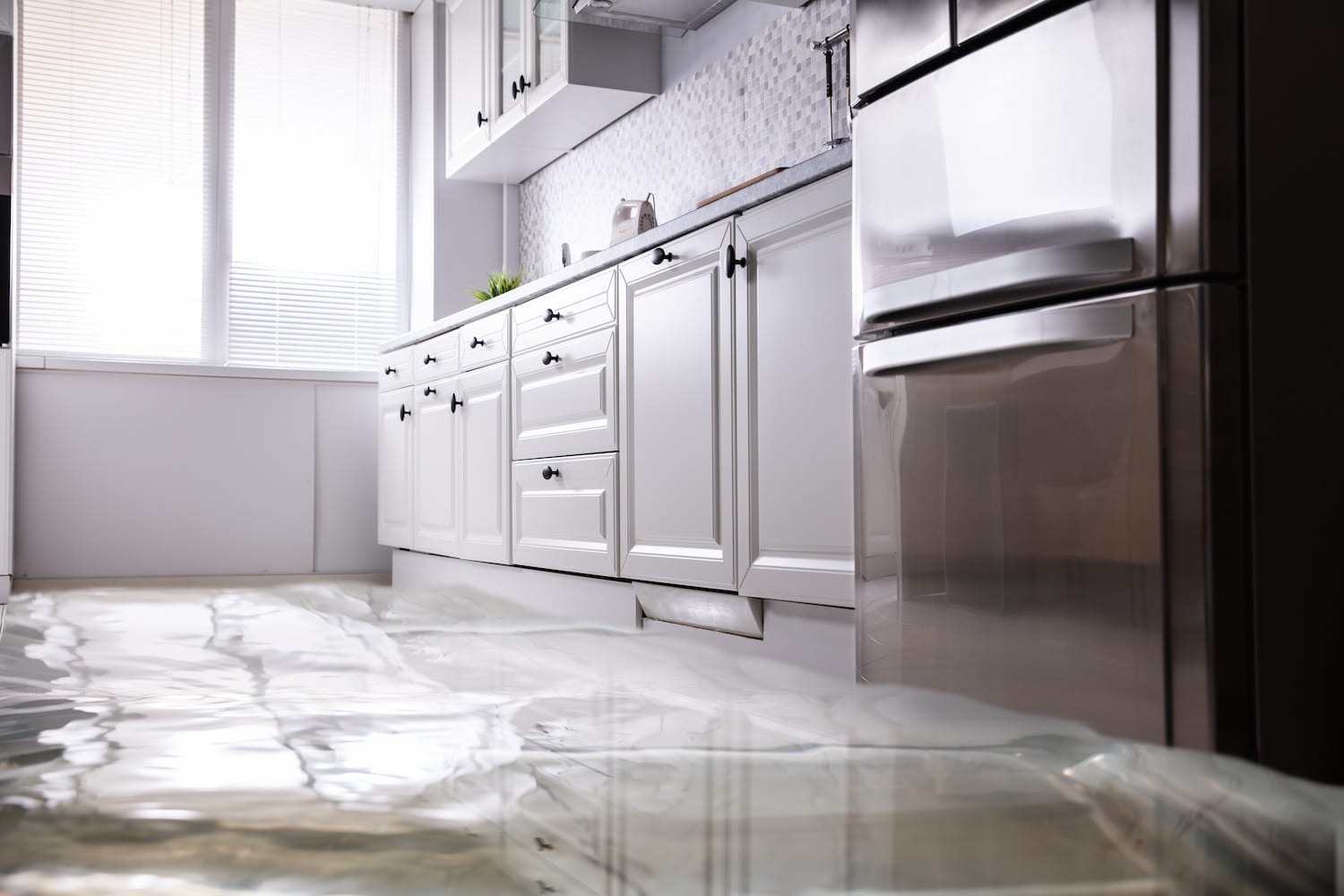

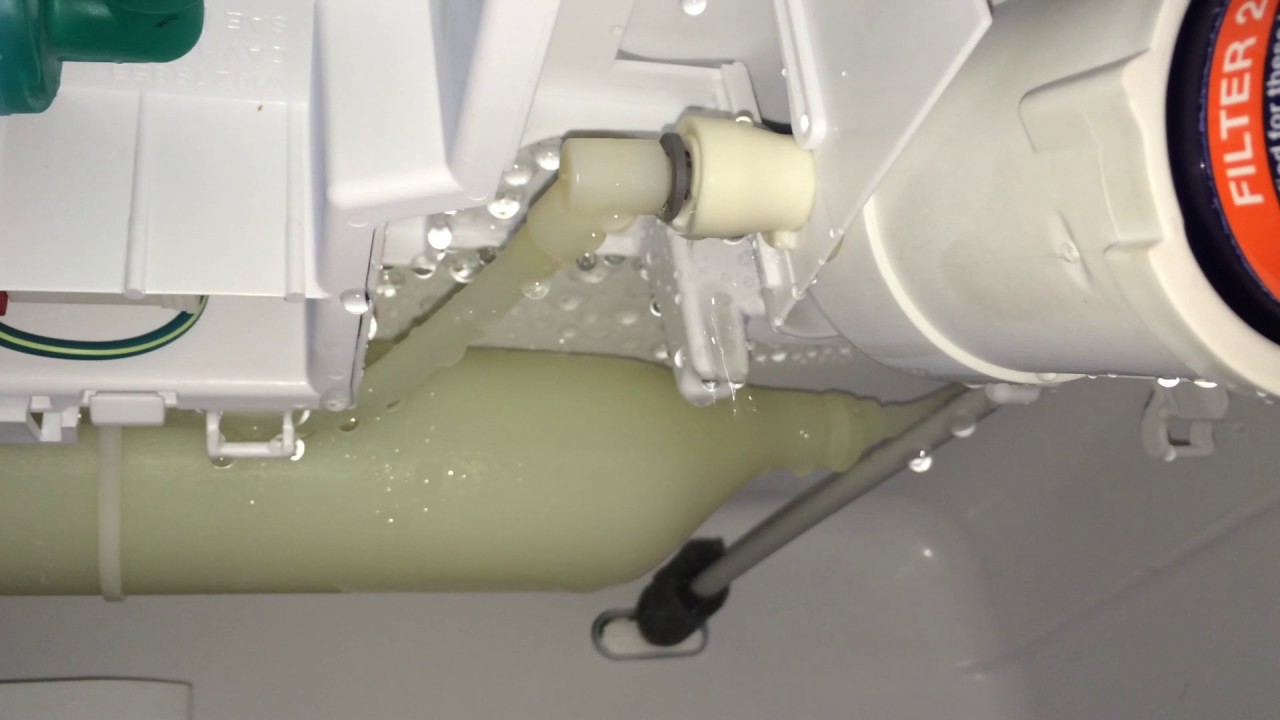
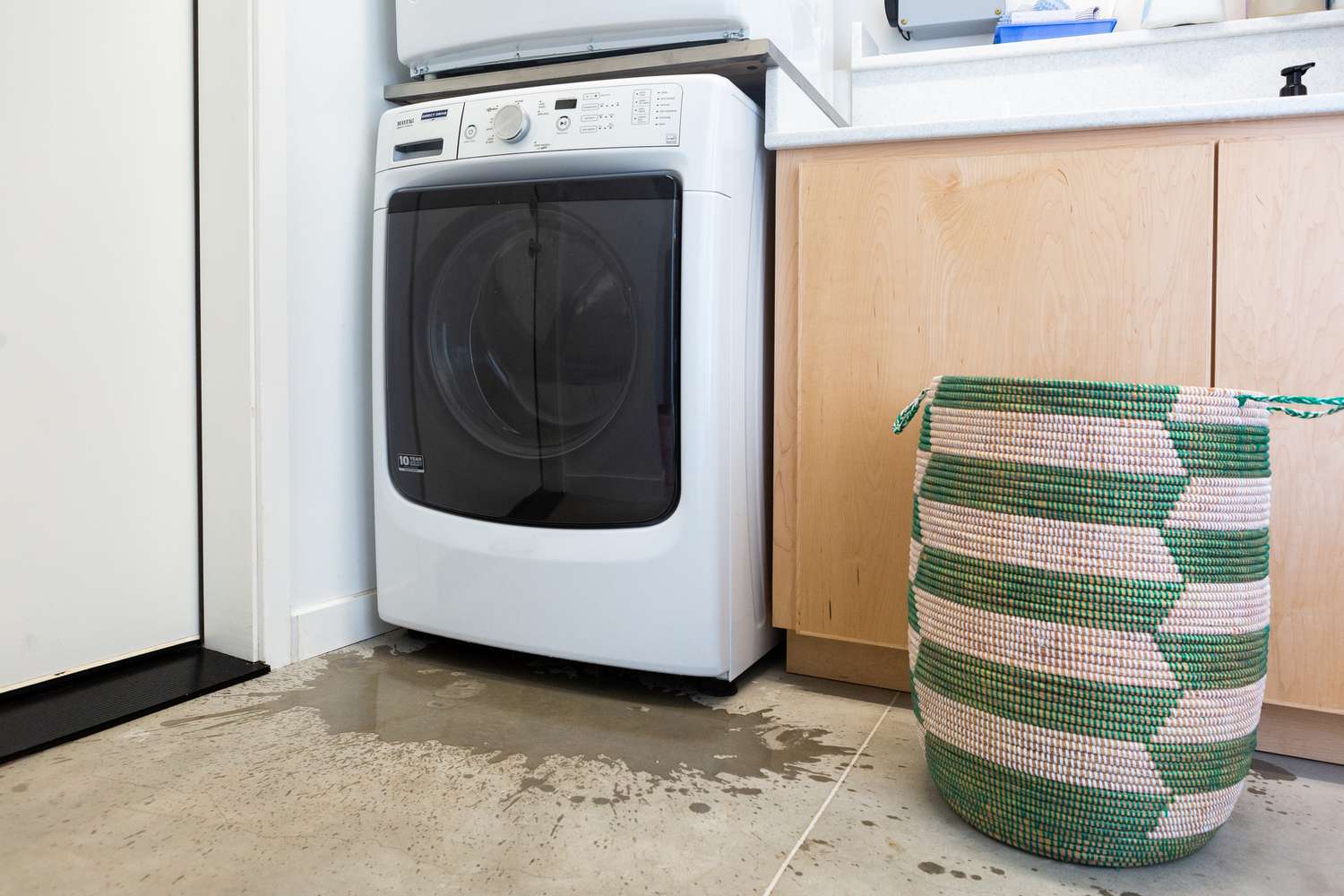
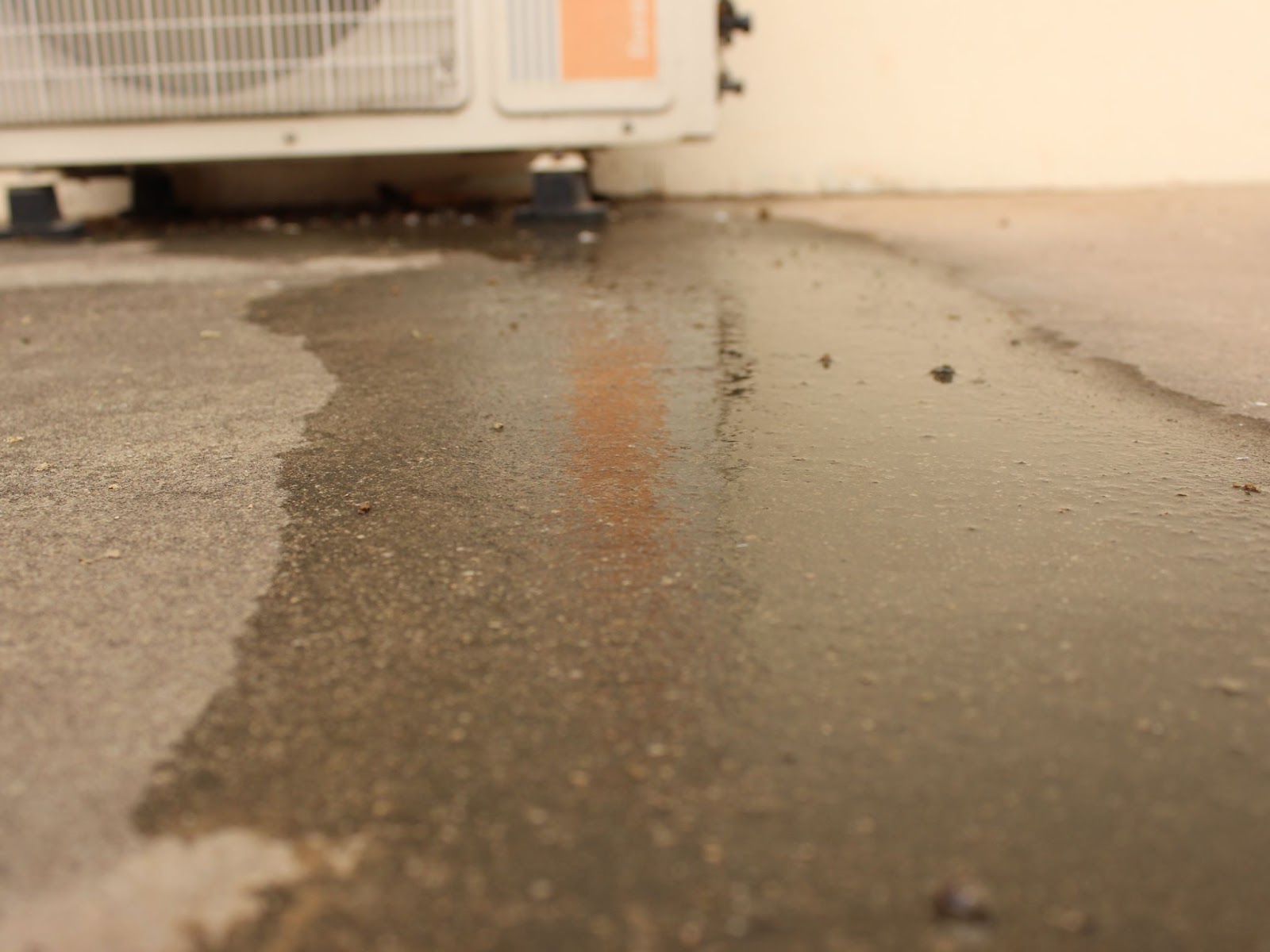
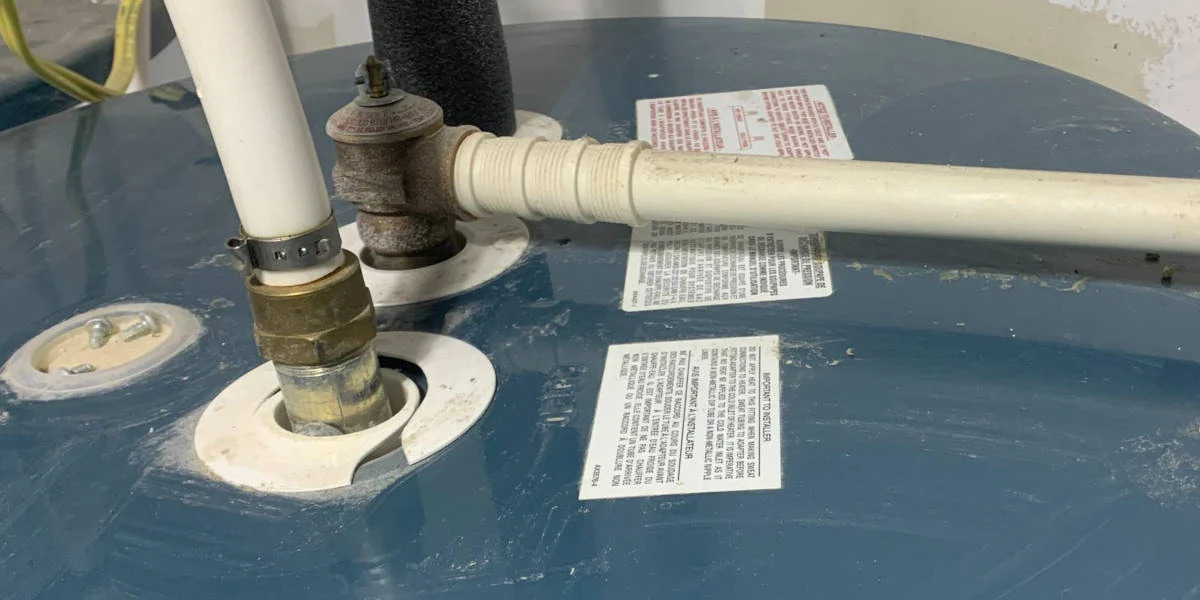

0 thoughts on “Why Is My Smoke Detector Leaking Water”